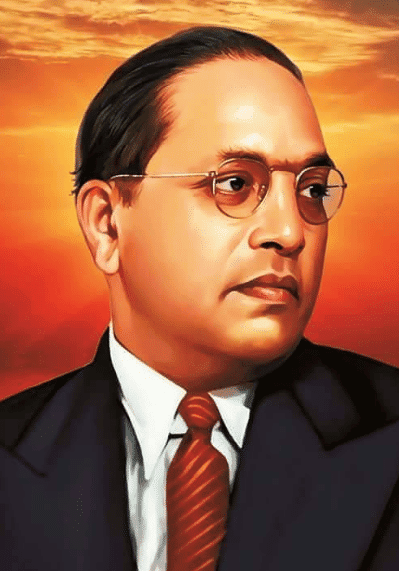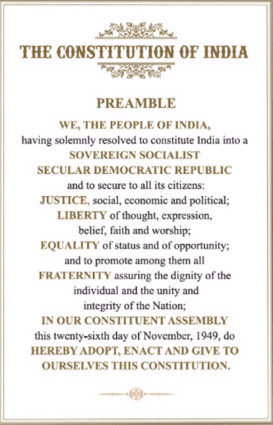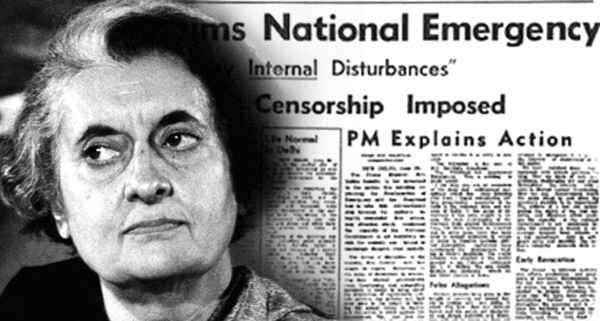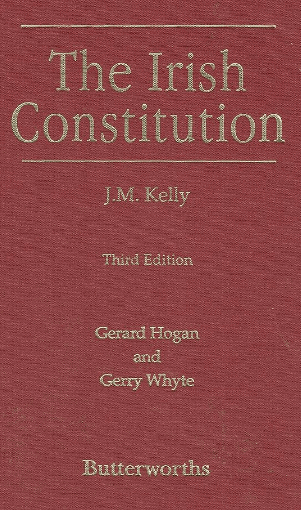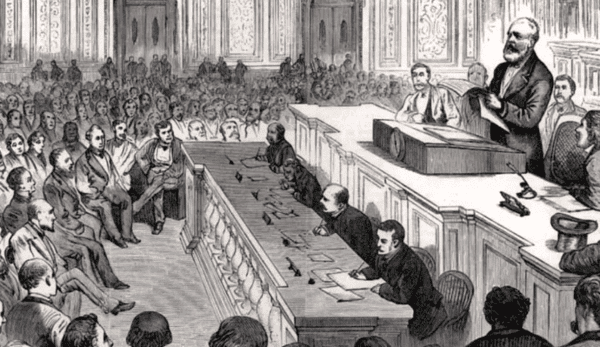|
True or False: The Preamble of the Indian Constitution is justiciable in nature. |
Card: 3 / 50 |
|
Riddle: I am the part of the Constitution that reflects its philosophy and ideals. What am I? |
Card: 7 / 50 |
|
Fill in the blank: The Right to Equality is enshrined in Articles __ to __ of the Indian Constitution. |
Card: 9 / 50 |
|
Riddle: I am the only Fundamental Right that cannot be suspended during an emergency. What am I? |
Card: 17 / 50 |
 Unlock all Flashcards with EduRev Infinity Plan Starting from @ ₹99 only
|
|
Riddle: I am an emergency declared due to external aggression or war. What type of emergency am I? |
Card: 27 / 50 |
|
True. The Governor can dissolve it on the advice of the Chief Minister or when no majority is established. |
Card: 30 / 50 |
|
Fill in the blank: The Directive Principles of State Policy (DPSP) are inspired by the __ Constitution. |
Card: 31 / 50 |
|
Which Fundamental Right protects individuals from arbitrary arrest and detention? |
Card: 33 / 50 |
|
True or False: The Vice President of India is the ex-officio Chairman of the Rajya Sabha. |
Card: 37 / 50 |
|
Fill in the blank: Article ___ of the Indian Constitution allows the President to promulgate ordinances. |
Card: 39 / 50 |
|
Riddle: I am the process in which the President of India can be removed for violating the Constitution. What am I? |
Card: 41 / 50 |
|
What is the minimum number of judges required in the Supreme Court Constitution Bench? |
Card: 43 / 50 |
|
True or False: The Supreme Court of India can directly enforce Fundamental Rights. |
Card: 45 / 50 |
|
Fill in the blank: The age of retirement for Supreme Court judges is __ years. |
Card: 47 / 50 |





